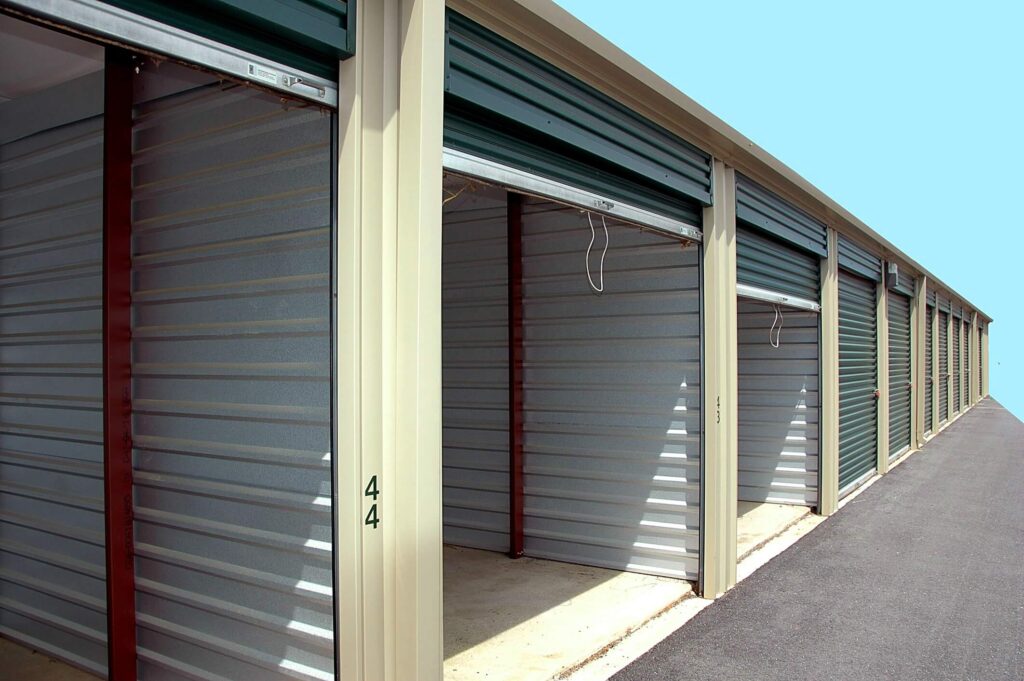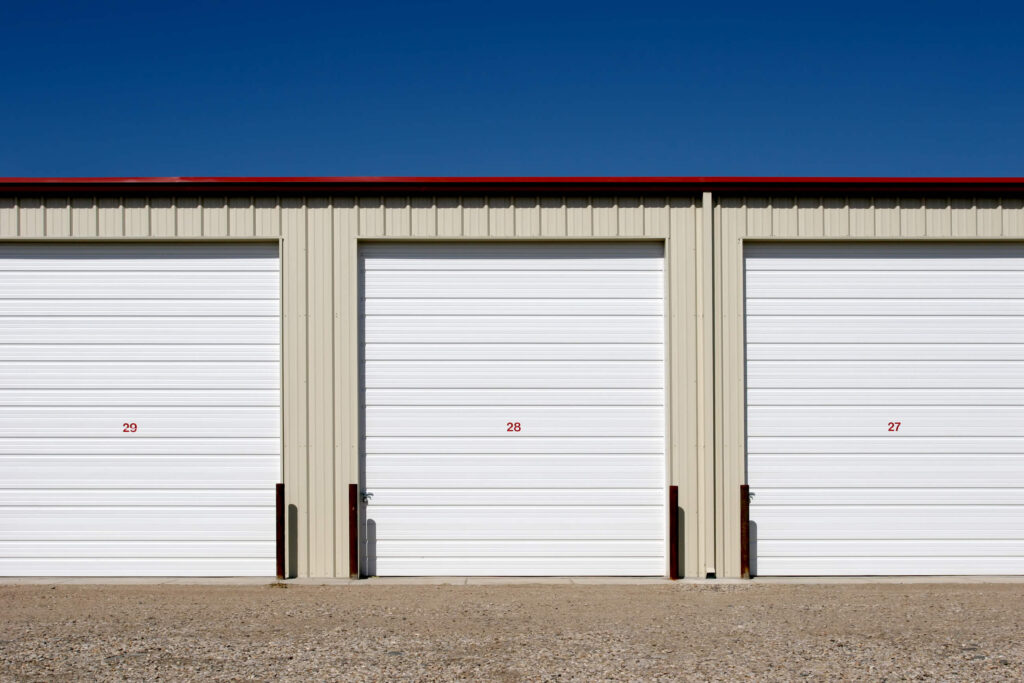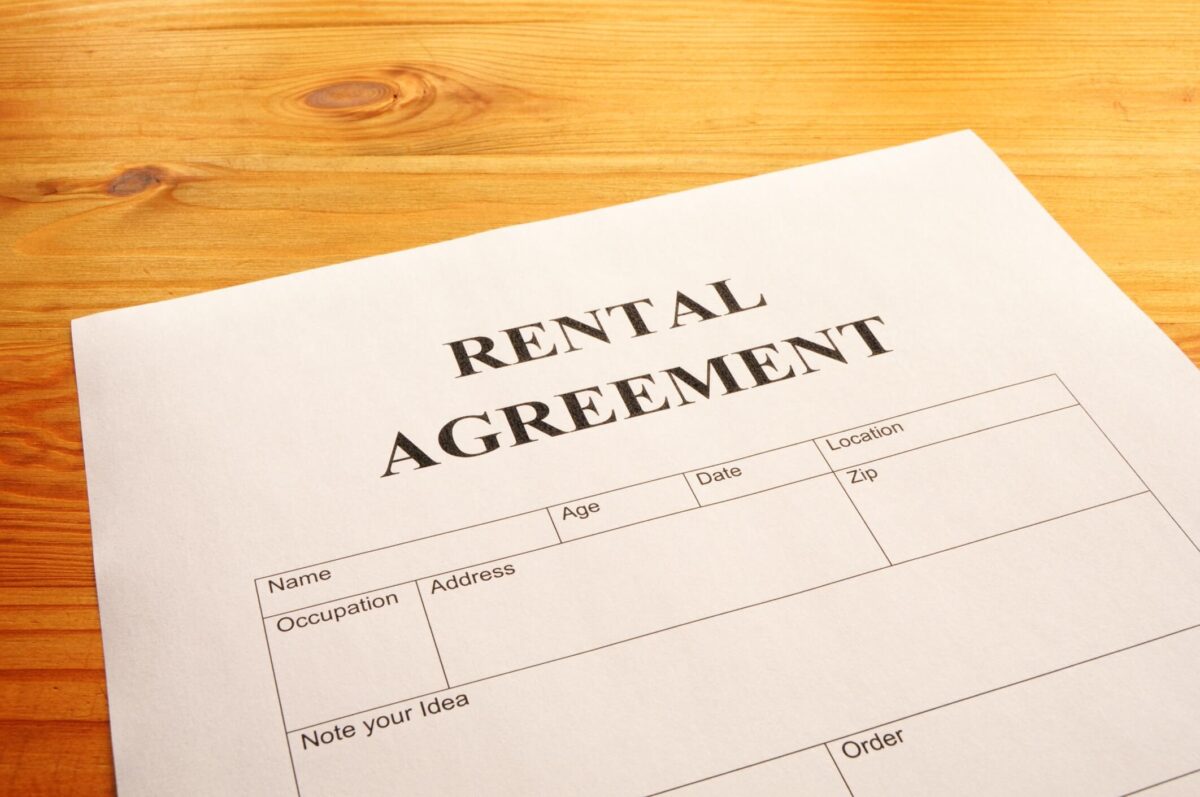Renting a storage unit can be a practical solution for personal and business needs, whether moving from an apartment, downsizing, or dealing with an unexpected situation. It’s essential to carefully review the details of your rental agreement, including the amount of rent, fees, and other costs involved, to ensure you’re managing your money wisely. At McDowell Mountain Community Storage, we prioritize transparency and aim to help tenants make informed decisions. If you have questions about your agreement, please request a detailed letter outlining the terms. Whether you’re storing items long-term or short-term, understanding your agreement’s rules, costs, and benefits is crucial. Here are some tips before signing a storage rental agreement in Arizona.
Understanding the Rules and Responsibilities
Every storage facility has specific rules governing its operation, and these policies are in place to protect tenants, landlords, and the property itself. As a tenant, familiarize yourself with the lease or rental agreement outlining your rights and responsibilities. For example, are there restrictions on what you can store? Some facilities may prohibit hazardous materials, perishable goods, or pets. It’s essential to control what you store and understand the rules about different types of things. Ensure the facility’s address and contact information are listed in the agreement if any issues arise. Additionally, some facilities may require payment in cash or have specific guidelines on payment methods. If a dispute arises, it’s essential to know the reason for the disagreement and, in the worst-case scenario, understand the potential for legal action in court.
Tenants should also understand how notices are handled. In case of a policy change or eviction, proper notice from the landlord is required by Arizona state laws. Similarly, if you decide to end your tenancy, you must provide the required notice stated in the lease. The lease should outline the specific process for giving notice, which may include providing a written letter or notice through a specific communication method, such as email or a menu of options in the tenant portal. Review any posts or updates from the facility that may pertain to your tenancy. Anyone involved in the lease, including co-tenants, should know the notice requirements. Also, please understand if any lease fees are associated with early termination or other aspects of ending the agreement.
Reviewing these details ahead of time can prevent misunderstandings. Don’t hesitate to ask the landlord or management if you have questions about the agreement or any specific terms. They should be able to clarify any points regarding payment, property rights, and more.
Review the Terms of Your Lease
Storage leases are not one-size-fits-all. While some tenants might prefer month-to-month arrangements, others may want a long-term lease for consistency and reduced fees. Whatever your preference, carefully review the lease’s duration, cancelation policies, and renewal notice requirements. Additionally, examine any fees associated with the lease, including insurance or security deposit fees. Understanding these costs upfront can help avoid surprises and ensure you’re prepared for the financial aspects of your storage arrangement.
Certain agreements may include lease fees and additional charges added to your monthly payment. Knowing these costs in advance ensures you won’t face unexpected fees later. Additionally, check the agreement for clauses about termination. For example, some leases may allow you to end the contract early with proper notice and payment of a cancellation fee. Review the lease’s duration and how it affects access to the facility, especially if you need to retrieve your items or adjust your storage plan during the contract period.
Understanding the finer details of your agreement will save you from issues down the road. For businesses relying on storage for inventory or equipment, long-term leases may offer financial advantages compared to short-term solutions.
Consider the Costs and Security
Storage costs involve more than just monthly rent. Facilities often require a security deposit, and you might also need insurance for your items. The agreement should clearly outline all fees, including payment obligations, insurance requirements, and additional costs for specific services like climate-controlled storage units.
Climate-controlled storage units are particularly important in Arizona, where high temperatures can damage sensitive items like electronics, artwork, and important documents. Although these units typically cost more, they provide an advantage by protecting belongings from extreme heat and humidity.
Additionally, assess the facility’s security measures. Look for features like gated access, security cameras, and on-site staff. Knowing your items are well-protected provides peace of mind and ensures that your valuable possessions are safe.
Evaluate the Unit Size and Storage Tips
Choosing the right storage size is a critical step in your decision-making process. Use a storage size guide to avoid paying for more space than you need—or struggling to fit everything into a smaller unit. This tool can help you estimate the square footage required for your belongings.
For example, a 5×5 unit might be suitable for small items or seasonal decorations, while a 10×20 unit can accommodate the contents of a three-bedroom home. Business storage needs may vary, requiring larger spaces for inventory or specialized setups.
When packing your unit, follow practical storage tips to maximize space and protect your items. For instance, stack boxes vertically, use sturdy containers and label everything for easy access. Consider a climate storage unit to prevent damage if you’re storing fragile or temperature-sensitive items.

Be Aware of Legal and Financial Implications
Storage agreements are legally binding contracts, and tenants should understand their legal obligations before signing. One key area to review is liability. Who is responsible if a storage unit gets broken into? Most agreements state that the tenant is responsible for insuring their belongings. However, some facilities offer insurance options to provide additional protection.
It’s also important to know your rights as a tenant. Arizona state laws require landlords to provide proper notice before making changes to the lease or initiating eviction proceedings. Similarly, landlords must maintain the property and make necessary repairs to ensure the facility is safe and functional.
Keep proof of payment, correspondence, and a copy of your agreement in a safe place. These documents serve as evidence in case of disputes or legal issues. Whether it’s a question about lease fees or a problem with the unit, having documentation can help resolve matters efficiently.
Prepare for Unexpected Situations
Life is unpredictable, and planning for unexpected situations is essential when renting storage. For instance, you might encounter damage to your items caused by normal wear and tear or unforeseen incidents like leaks. Facilities are generally not liable for such damages, so having insurance is crucial.
Additionally, check the agreement for details on what happens if payment is delayed. Some contracts include a grace period, while others impose immediate late fees or eviction notices for non-payment.
When considering storage for business purposes, think about long-term solutions. A well-maintained and secure facility with flexible lease terms can be a strategic advantage for businesses needing reliable storage for inventory or equipment. At McDowell Mountain Community Storage, we offer secure, climate-controlled storage options and flexible agreements to meet your needs. Our facility provides the peace of mind that your items are in good hands, whether for personal or business use.
Key Considerations When Moving In
Before moving items into your unit, scrutinize the space. Look for pre-existing damage, wear, or issues that could affect your belongings. Notify the landlord of any problems in writing, and document the condition of the unit with photos.
Facilities offering additional amenities, like climate-controlled units or on-site storage for oversize items, can provide added convenience. Ensure the facility has a reliable access system, allowing you to retrieve items when needed without hassle.
Finally, pack strategically. Place frequently used items near the entrance of your unit and store heavier items at the bottom to prevent damage. Proper organization will save time and make your storage experience smoother.

Frequently Asked Questions
Are there discounts available for long-term storage rentals?
Some storage facilities offer discounts for tenants who commit to long-term leases. These discounts vary, so it’s worth asking about any promotions or reduced rates for extended agreements.
Can I share a storage unit with someone else?
Many facilities allow tenants to share units, but both parties should be listed on the rental agreement. Clarify how payments, access, and liability will be handled in case of disputes.
What happens to items left behind after the lease ends?
If tenants don’t remove their belongings before the lease expires, the facility may declare the items abandoned. This often leads to auctioning the contents to recover unpaid rent, as permitted by Arizona state laws.
Can I switch to a different unit if my needs change?
Yes, most facilities offer the option to upgrade or downgrade your storage unit based on availability. Be sure to ask if additional fees or steps are involved in transferring to a new unit.
Are there penalties for accessing the unit after hours?
Some storage facilities have strict operating hours, and accessing your unit outside of these times may result in penalties. Check the lease for any restrictions on after-hours access.
Do I need to clean the unit before moving out?
Yes, most facilities require tenants to leave the unit in the same condition as when renting it. Failure to clean the space could result in cleaning fees being deducted from the security deposit.
Can I run a small business from a storage unit?
Certain facilities permit business operations, such as inventory storage or document archiving, but running a full-scale business from a storage unit is typically prohibited. Check with management for their policies on business use.
What happens if the facility is sold to a new owner?
If ownership changes, the new landlord must honor the terms of your existing agreement. You should receive notice of the transition and any updates to payment methods or contact information.
Are there restrictions on renovating or customizing a storage unit?
Tenants are generally not allowed to permanently change storage units, such as painting or installing shelving. Temporary modifications might be permitted with prior approval.
What should I do if I lose the key to my unit?
If you lose your key, contact the facility immediately. Some may charge a fee to cut and replace the lock, and you’ll likely need to provide proof of identity to access your unit.
Final Thoughts
Signing a storage rental agreement is an important decision that requires careful consideration. By understanding the rules, reviewing the lease terms, and evaluating your specific needs, you can avoid common issues and maximize your storage experience.
At McDowell Mountain Community Storage, we provide guidance every step of the way. From selecting the right unit size to offering secure climate storage units, we’re committed to helping you find the perfect solution for your storage needs.
For more storage tips, a detailed storage size guide, or advice on protecting your belongings, visit our website or contact us today!


